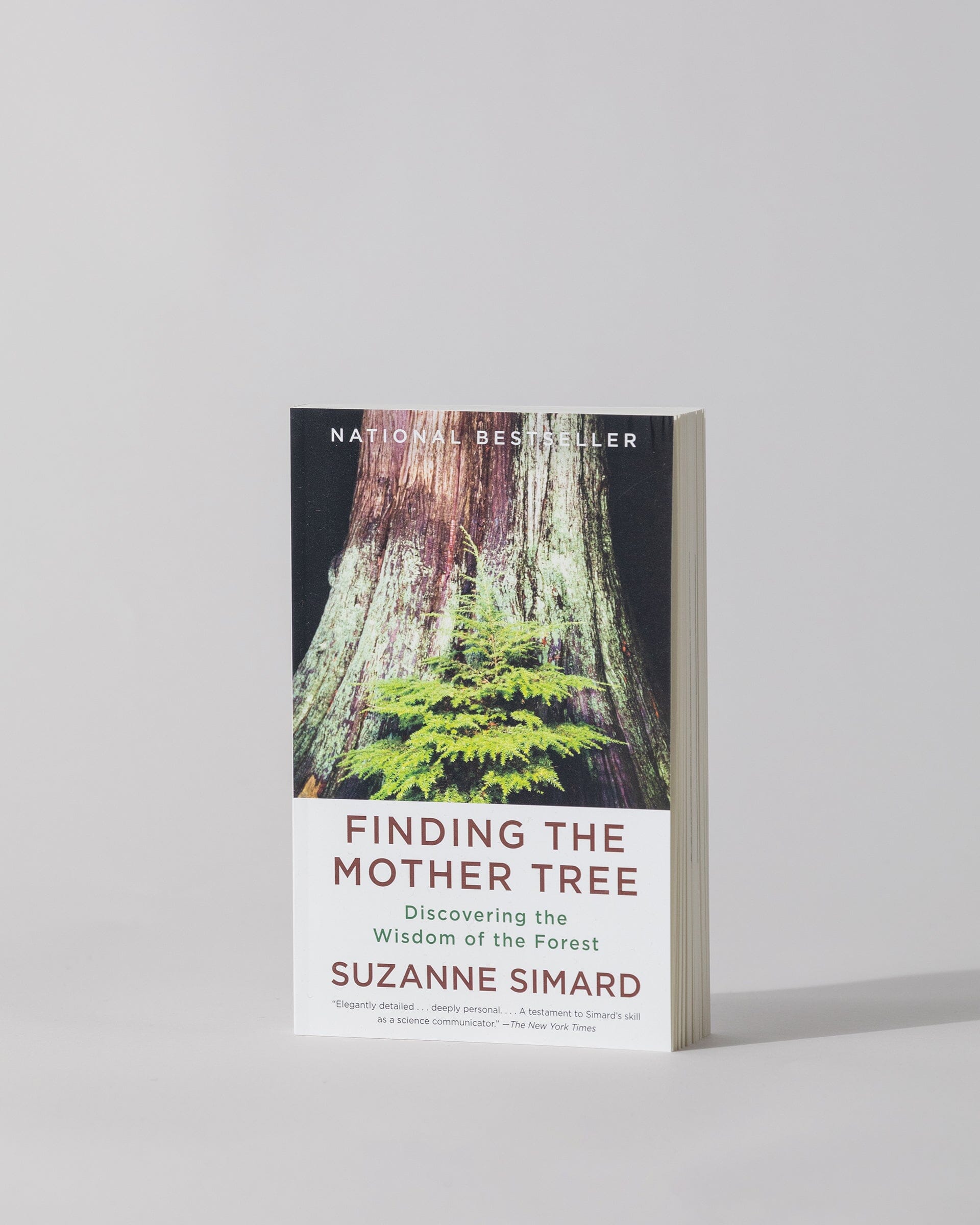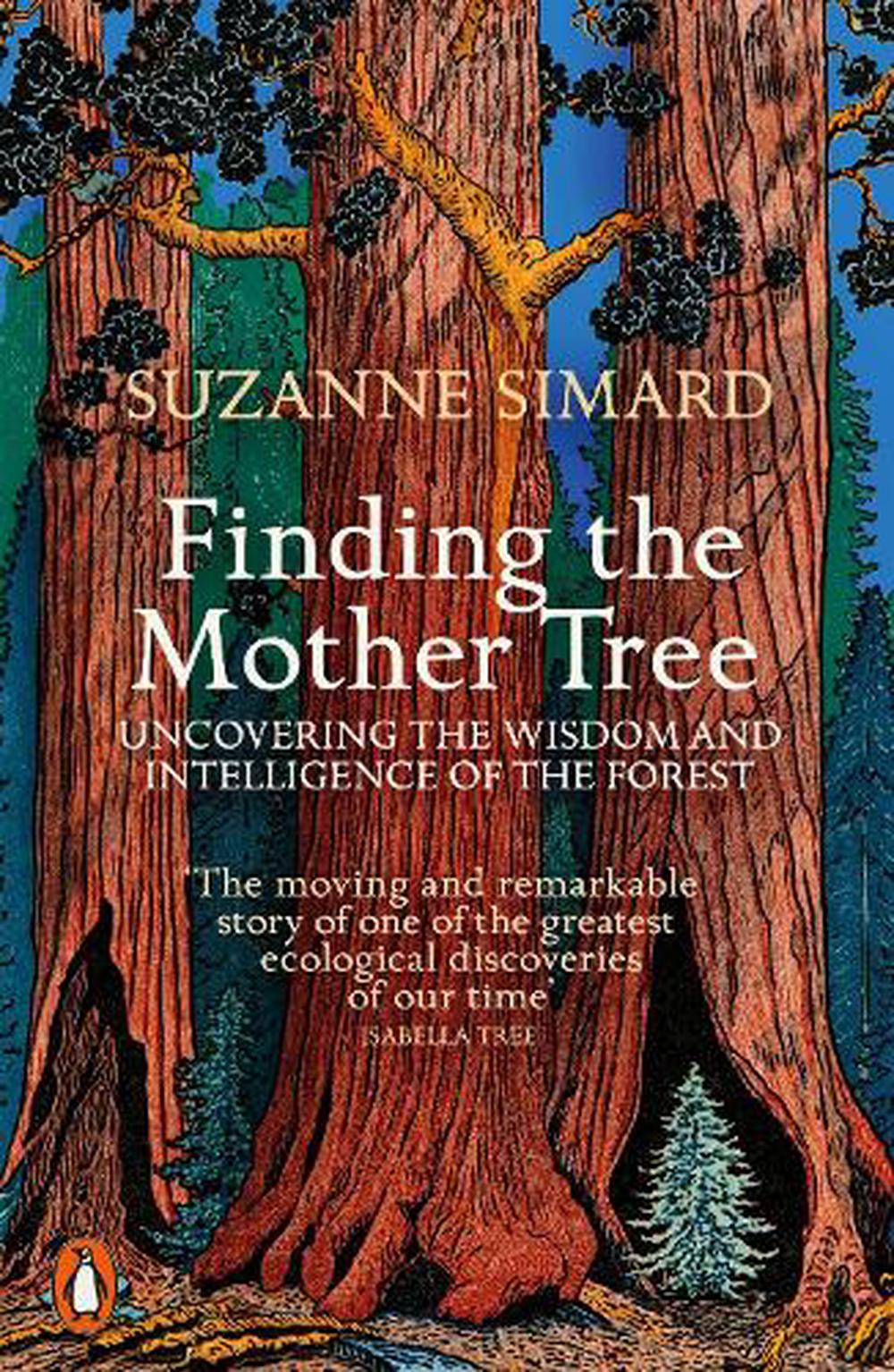Finding The Mother Tree
Only useful in a limited way in finding a higher skilled and better paid job This is actually an example of in a way a set prepositional phrase meaning in a sense or to some extent This Aug 30, 2016 · Instead, "in" refers to the context in which fault-finding occurs (for example, law), or is part of a punning use of "fault" (a geologist "finding fault in California"), or is one of those …

Jan 20 2018 nbsp 0183 32 To found is correct to set up or establish on a firm basis or for enduring existence But you should use the infinitive I want to buy a book I want to found a company Not I want to You can say: Could you help me to find financial support, please? Could you help me find financial support, please? Could you help me in finding financial support, please? The second sentence …

Finding The Mother Tree
Jun 18 2024 nbsp 0183 32 I have read on many websites that Good luck finding a new job is sarcastic and not a well intentioned wish How do I make it well intentioned and still use finding Why read finding the mother tree . Finding the mother tree with suzanne simardFinding the mother tree wnw.

Finding The Mother Tree

Finding The Mother Tree Suzanne Simard
Feb 25 2015 nbsp 0183 32 Which of the following sentences is correct If you found any activity is missing from the above list please add If you find any activity is missed out from the above list please Jan 2, 2020 · The difference between "have found" and "find" is the tense. "Have found" means I found the quote to be true in the past on at least one occasion. "Find" is the simple present, …
Apr 17 2021 nbsp 0183 32 I am not sure that there is a reason beyond quot because that is the way English is quot You can try to find X or start to find X but you can only continue finding X or end up finding X Sep 21, 2019 · I have read the expression "How are you finding [something] ?" (= What are you thinking of [something] ?) for the first time today. Is it used only/mostly in UK?